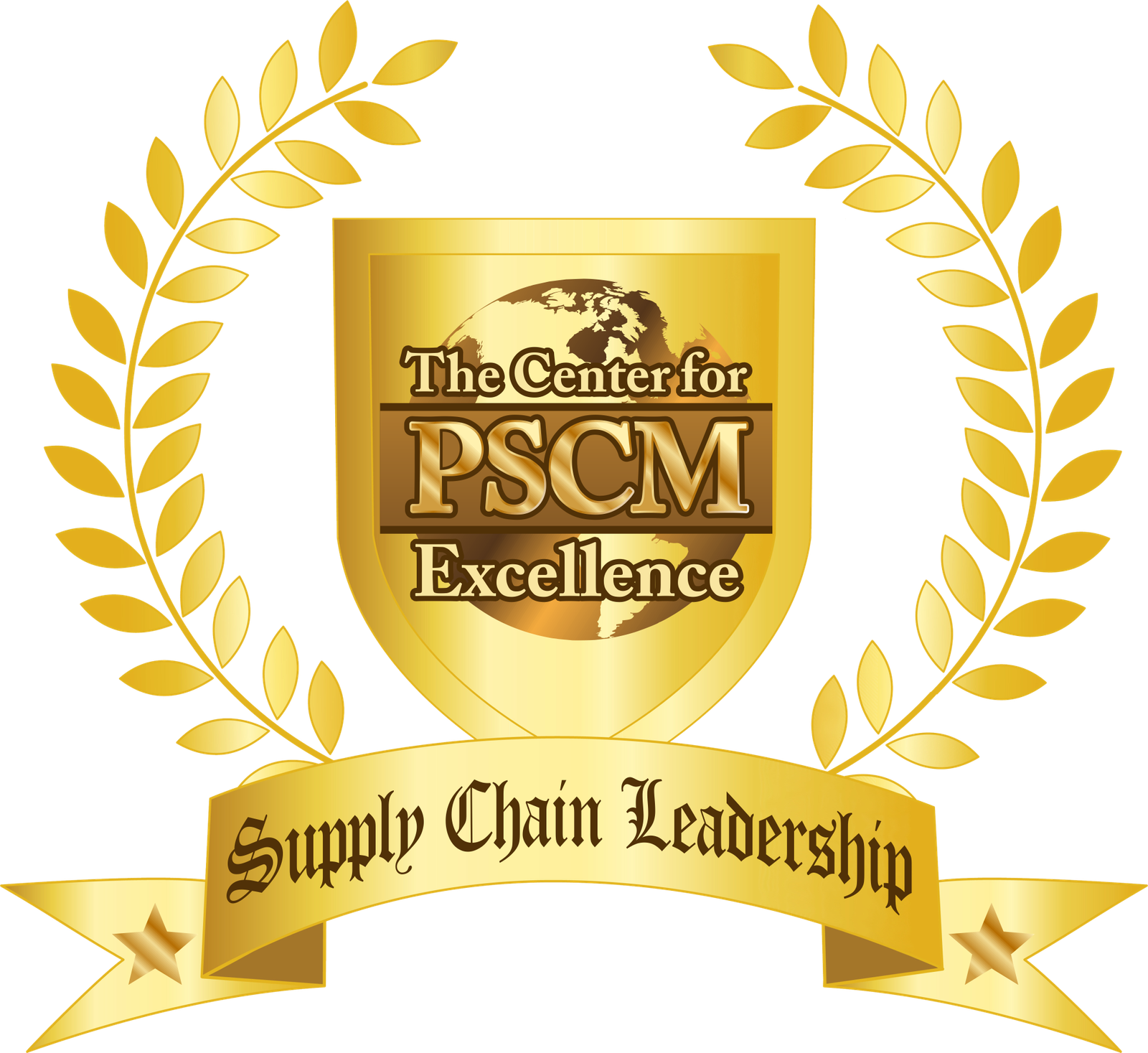
End users engage us late. Finance doesn’t recognize soft cost savings. Executives view us as a cost center instead of as a profit enabling entity. Business units view us as an impediment.
LinkedIn is flooded with memes, grandstanding, and complaints about these issues. For the first 10 years of my career, I felt the same way.
None of it is our fault. Except it is. All of it.
And we’re never going to get better if we don’t shed this habit.
The hard truth is:
- Read this twice: End users don’t engage us early ***because they don’t see the value of doing so***. If they did, wild horses couldn’t stop them from engaging us early.
- Executives view us as a cost center because our savings don’t exist in any budget they can access and use. To them, we report millions of dollars of phantom savings every year.
- Finance doesn’t value soft cost savings because we haven’t influenced them to see value beyond budgetary reductions.
- We’ve come to be like the payroll department – executives only hear about us when something isn’t working.
Now keep in mind, we deliver incredible value to the enterprise and to all its constituents. To the stockholders too. But we are talking about perception, not reality.
We have to own up to all this. We own this. This is our fault, not anyone else’s. We should be posting in LinkedIn about how we are going to solve these problems, not how we are victims of them.
The most important skill that procurement professionals aren’t good at is the ability to influence.
The reason is that we’ve only learned how to negotiate with money involved. Inside the corporation, we aren’t negotiating with money any longer. We are driving influence – getting people to follow us, not because we have money to offer, but because we have an irresistible value proposition to offer.
And we have no training or experience in doing those things. The rest of the company does, because they’ve been negotiating without money all along. We need to get better at it.
I’m calling on procurement leaders to help shift this movement. Don’t respond being defensive. That’s not going to help us get better. Respond with how you will double down on the right messages to drive accountability and help us be and be perceived better.
I’m going to do my part too. Now go off and do something wonderful. Be your best!
–Omid G.
~ “THE Godfather of Negotiation Planning” ~ Intel Corp


